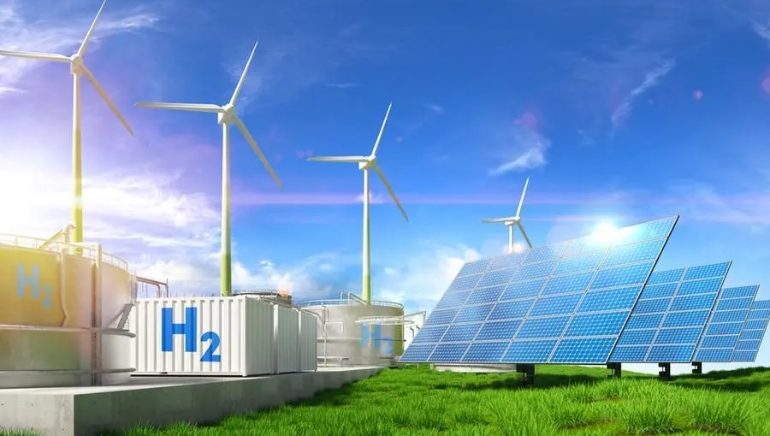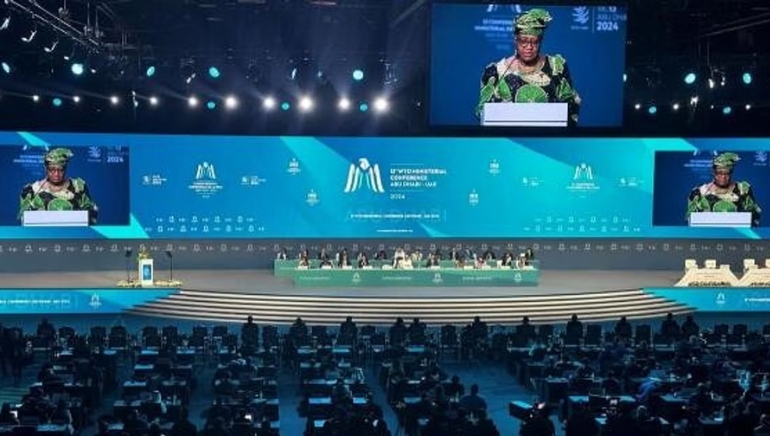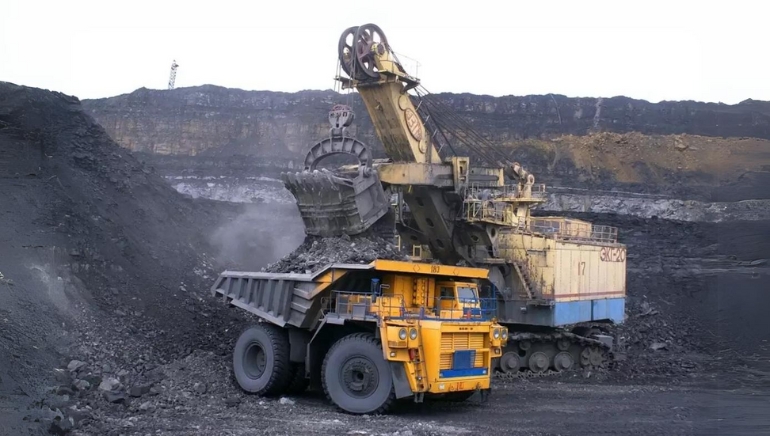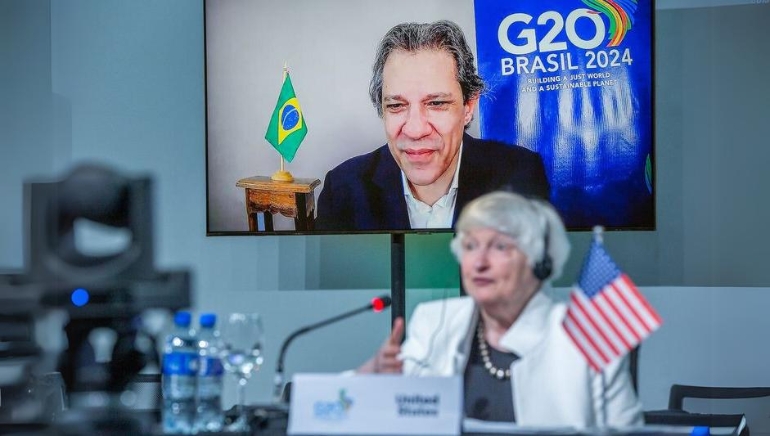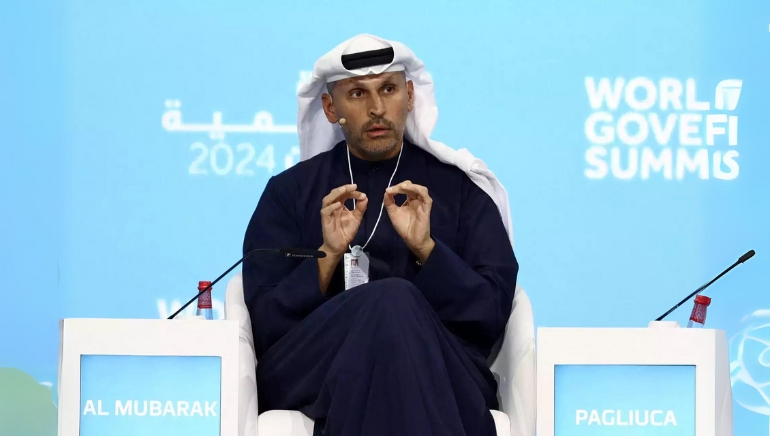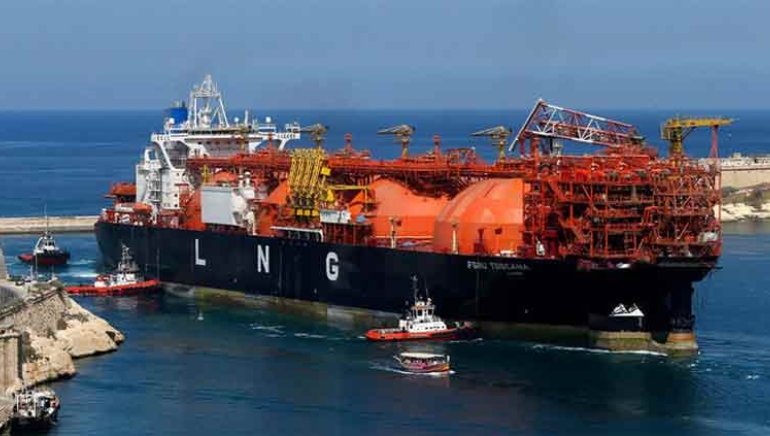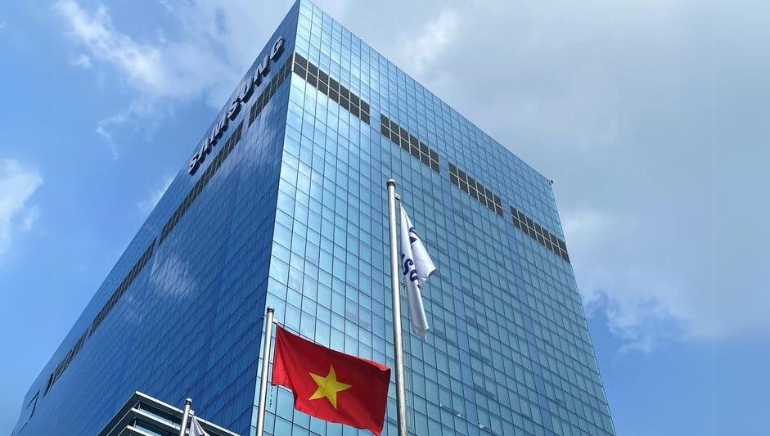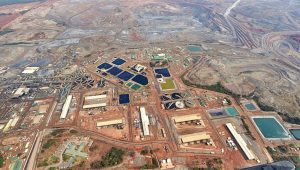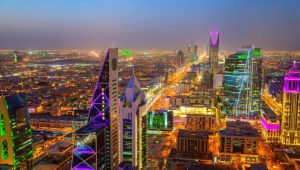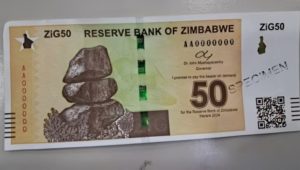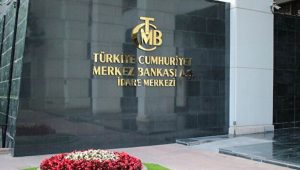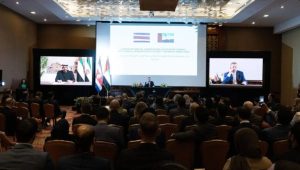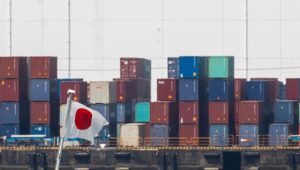Egypt has signed seven Memoranda of Understanding (MoUs) with global developers for green hydrogen and renewable energy ventures in the Suez Canal Economic Zone (SCZONE). It promises investments surpassing $40 billion over the next decade.
The Egyptian government signed agreements with international developers, anticipating investments of about $12 billion for a preliminary pilot programme and an additional $29 billion for the first phase. Ayman Suleiman, CEO of the Sovereign Fund of Egypt, emphasised the growing interest from investors in green hydrogen projects, highlighting the programme’s significance in steering Egypt towards sustainable initiatives.
Along with representatives from the Suez Canal Economic Zone Authority and the New and Renewable Energy Authority, PM Mostafa Madbouly witnessed the signing. Hala El-Said outlined Egypt’s ambition to position itself as a regional green energy hub, citing successful projects such as Africa’s premier green ammonia plant.
A National Green Hydrogen Strategy released in November aims to reduce carbon emissions by 40 million metric tonnes by 2040 and contribute 5-8% to the global hydrogen market. Additionally, Egypt sealed a $15.6 billion deal with Chinese firms in November 2023 to boost renewable fuel manufacturing in the Suez Canal Economic Zone, promising approximately 9,000 job opportunities and establishing 11 projects.





